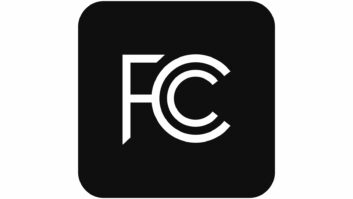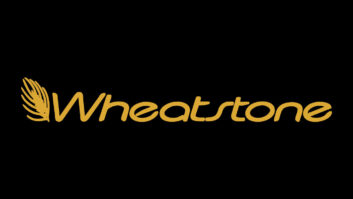It would be pretty cool for a station with Spanish-language content to use call sign WRÑR or a similar set of calls that included the letter Ñ.
However, it doesn’t appear possible.
The question came up when Misión Global Nuevo Día, or New Day Global Mission, received word it had won a low-power FM construction permit in Rochester, N.Y.
Looking at a list of available call signs, the mission’s Ana Fermín asked John Broomall of Christian Community Broadcasters whether he thought the FCC would let it use the Spanish letter Ñ in its call sign. Fermin emailed: “We could use the N but it wouldn’t be the same, as it is a different letter. It wouldn’t be as much fun, either.”
Broomall wrote back about this “interesting and unique question” and shared it with broadcast attorney Frank Montero of Fletcher, Heald & Hildreth, adding: “Since the 2013 LPFM window had hundreds of Hispanic applicants, I will surprised that no one has asked this before.”
Attorney Montero, whose background includes FCC regulatory counseling and who is active in Hispanic and Spanish language media, replied: “That is an excellent question; but I do not believe [the commission] will let you use the Ñ in a call sign, as they are likely limited to the 26 letters of the English alphabet.” But, he added, the station should be free to use the Ñ on the call sign in station promotional literature, publicity, posters and logo.
Consultant Michi Bradley of REC Networks expressed the same opinion. “Myself, I can see why the FCC would not allow it,” she wrote. “I think internationally, it is an ITU thing. I do not see call signs from other services that extensively use call signs (amateur radio for instance) using anything other than the 26 characters. Also, if the FCC does this for one language, then there would be pressure to do it for other languages.”
She noted that radio stations in Japan “do use the 26-letters (romaji) for their call signs: JOQR, JOLF, JOAK, JOAV, etc.” Bradley added: “I would LOVE to see though a Spanish station use the Ñ as a part of their on-air and print promotion, even though the legal call sign read at the top of the hour is the regular N.”












